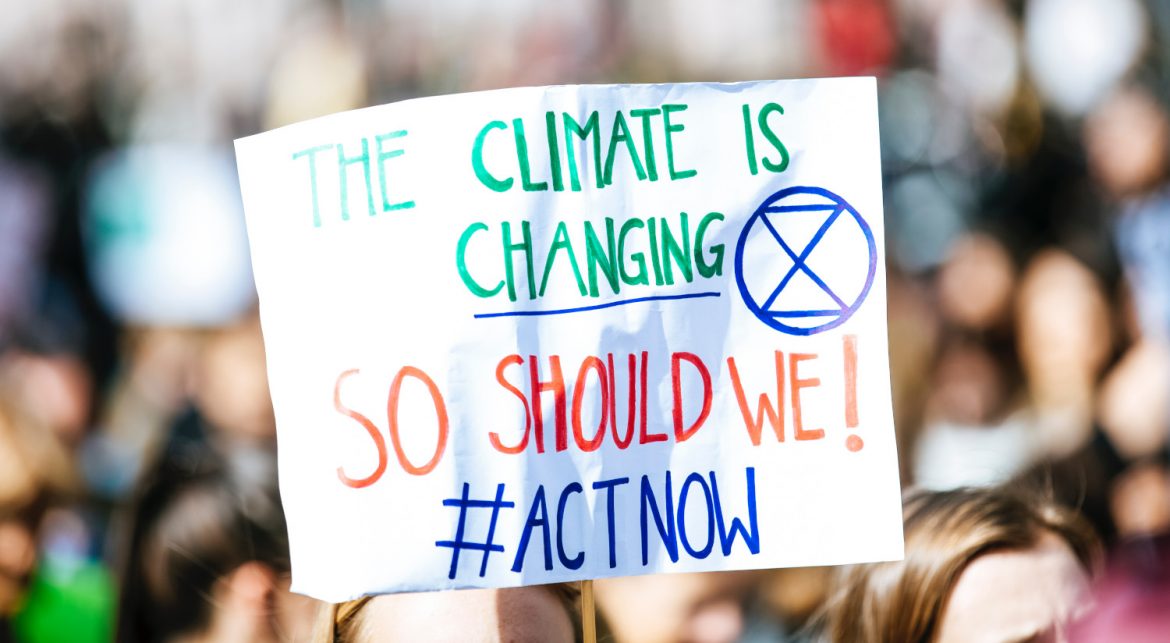India’s leading environmental scientists have reiterated the need for the world to step up its climate action in order to prevent further climate disasters and restore the environment.
Speaking at the Action for Restoring Environment (ARE) conference in Delhi, Chetan Singh Solanki, IITB professor, noted that carbon dioxide once released into the atmosphere remains there for 300 years adding that each individual emits 200 kg of CO2 per month and this needs to be reduced.
“The climate has already changed. Because of the use of oil and gas, there is 50 per cent more carbon dioxide sitting in the atmosphere right now. It is a greenhouse gas (GHG) which will trap heat and that is going to warm the planet,” Solanki said.
Dr Ajay Mathur, Director General of the Indian Solar Alliance (ISA) said that while 85 nations and 8,000 businesses committed to achieving Net Zero at the Glasgow climate change summit, approximately 600 financial organizations also committed to funding ecologically beneficial projects.
Read also: Niger-Delta: NGO seeks synergy with Delta State to mitigate climate change
He cited a few days with a lot of rain and an increase in the number of dry days as evidence of how climate change is affecting people, adding that this practically means that both floods and droughts are occurring at the same time.
Mathur further stated that ecological rehabilitation must be included in action in addition to the growing usage of solar energy.
On his part, Dr Anjal Prakash, Research Director and adjunct associate professor at the Bharti Institute of Public Policy, Indian School of Business, said that one of the biggest myths debated at the COP27 was “the myth of endless adaptation. It is not enough. We need to mitigate, mitigate and mitigate. Our potential to adapt has limits.”
Prakash stated that if the world continues to live the way it is now, things will become worse by 2050, adding that to break the cycle of the climate change catastrophe, the current system, which focuses on polluting, discovering solutions, and then putting those solutions into practice, needs to change.
Story was adapted from India Narrative.
